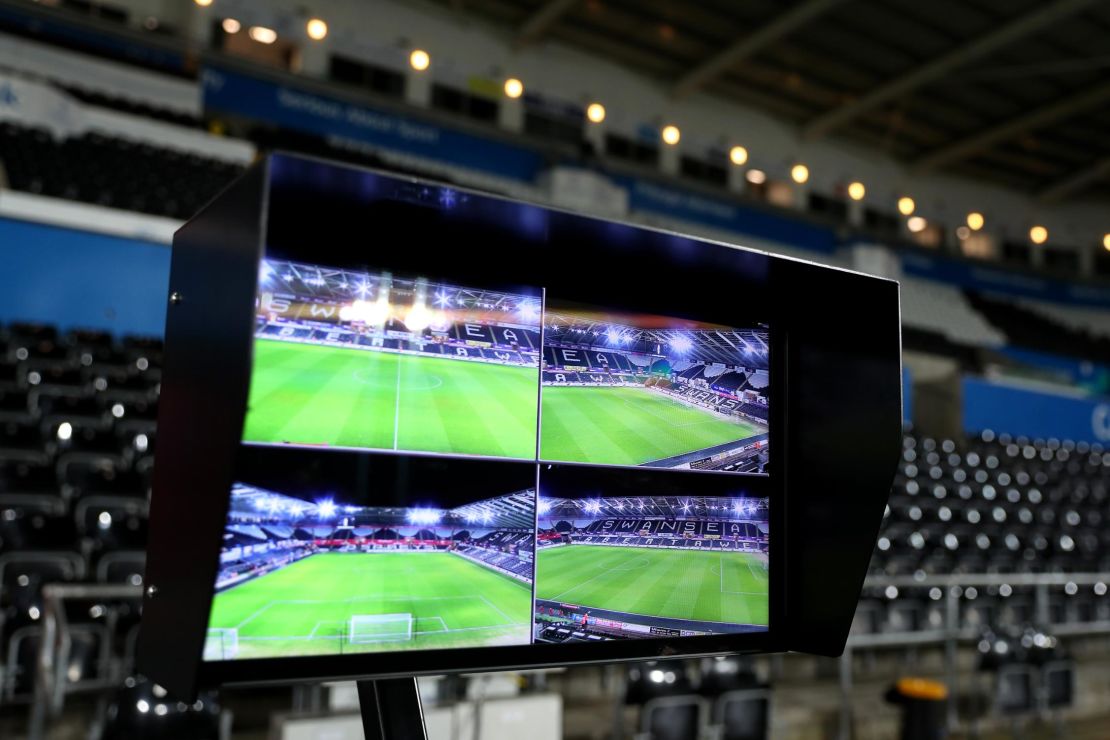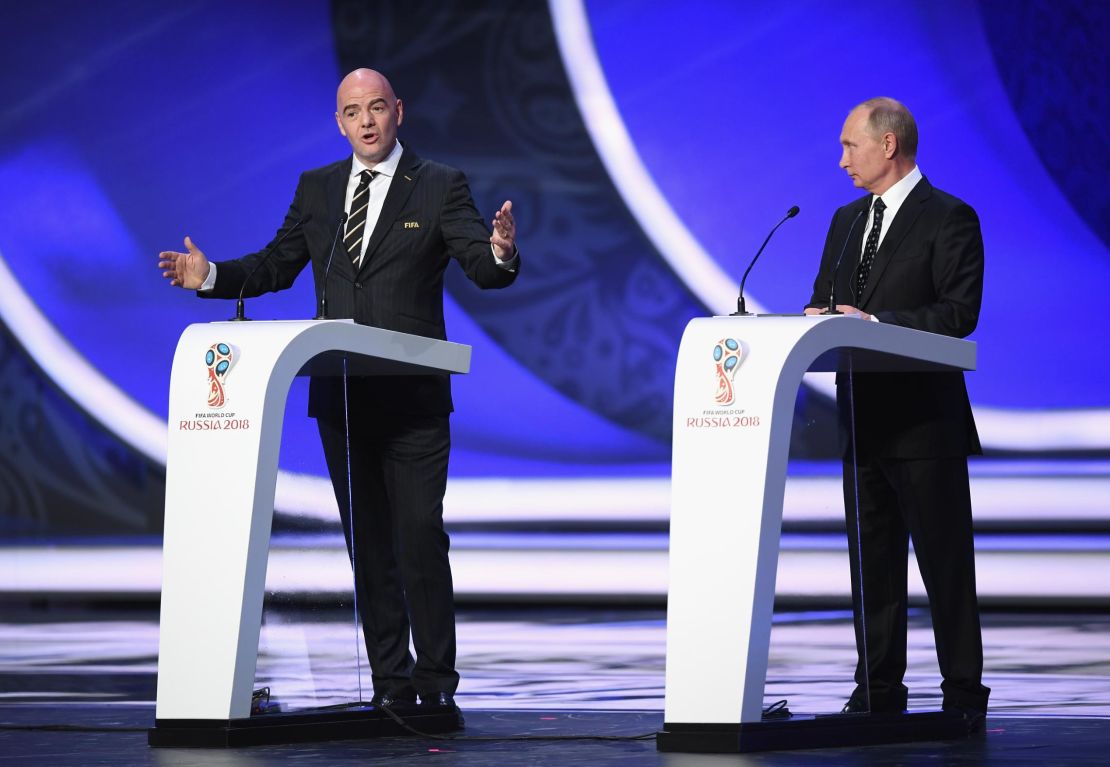Story highlights
FIFA approves VAR for World Cup
The technology has been trialled across several competitions this season
Opinions remain fiercely divided over its effectiveness
The use of Video Assistant Referees (VAR) is one of the most polarizing issues in modern football.
The technology has been rolled out in Italy, Spain and the USA, among other countries, each to varying degrees of success, but now it will be used on the biggest stage of all: the World Cup.
At a meeting in Bogotá, Colombia, the FIFA Council ratified the use of VAR for this summer’s tournament in Russia after it was unanimously approved by football’s law-making body IFAB earlier this month.

The technology will still only be used to correct “clear and obvious mistakes” – to allow or disallow goals, award or deny penalties, show or rescind red cards, or correct instances of mistaken identity when a referee disciplines the wrong player.
A discord of opinions
FIFA President Gianni Infantino has been a vocal advocate of VAR for some time, regularly voicing his support for the developing use of the technology and consistent in his opinion that the 2018 World Cup should be its grand premiere.
Used for the first time in international competition at the Confederations Cup in Russia last year, Infantino stressed at the time the need for “continuing tests” but insisted that its use would make football a fairer game.

Ahead of Friday’s meeting, Infantino remained keen to reiterate VAR is a work in progress and while it has clear benefits, is not a fix-all solution to decision making.
“Video refereeing will bring much more to the transparency of football,” he said. “It isn’t going to be the solution to everything in football – what we want to do is avoid resounding mistakes by referees.”
Meanwhile, UEFA are yet to be convinced that video assistants are the way forward for the European game.
On voting to leave the technology out of next season’s Champions League last month, UEFA President Aleksander Čeferin said: “Fans see the VAR screen all the time but nobody knows how it works.
“For me, it might be a good project but we shouldn’t rush it,” he added.
But proponents of VAR continue to argue that on the biggest world stages, there should be no room for error.
The case was made once more on Thursday, as Arsenal’s Danny Welbeck appeared to dive, winning his side a penalty to draw level with AC Milan, which proved the turning point in the game as the Gunners went on to win 3-1, knocking the Italian side out of the Europa League.





